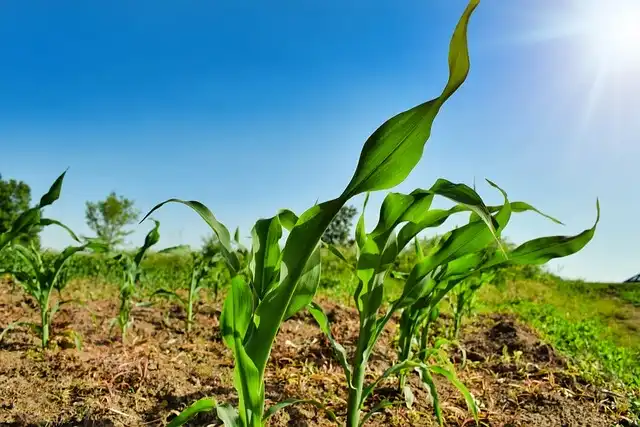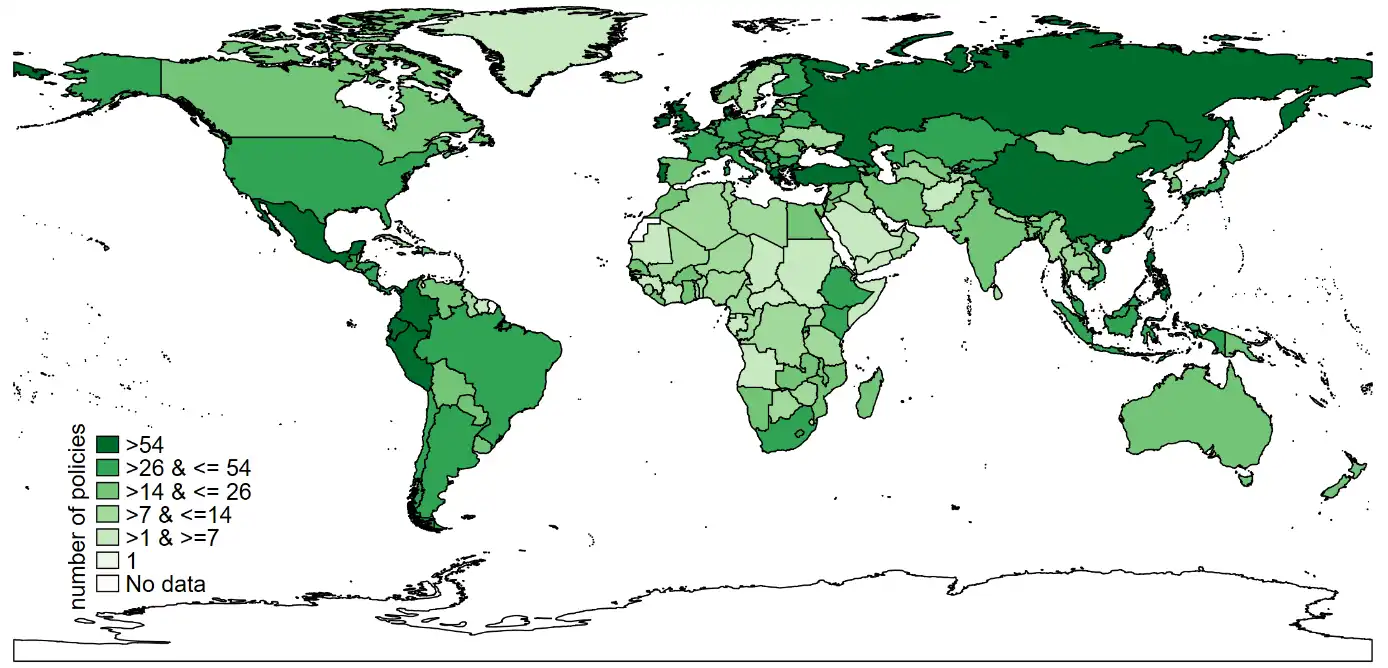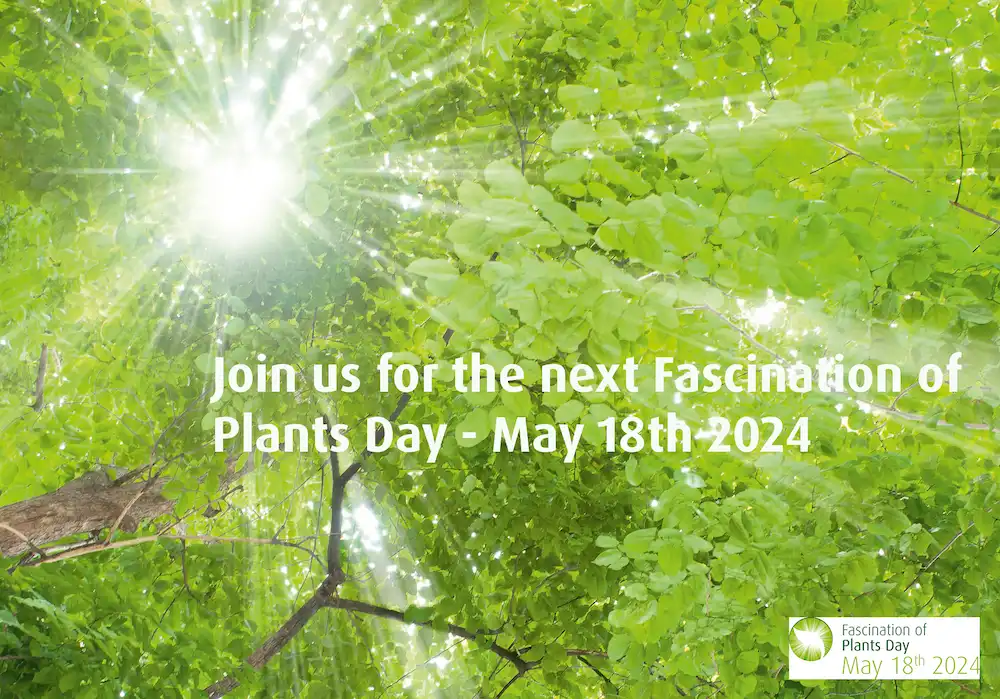
The Global Plant Council is pleased to announce the publication of a new perspective article written by members of its board of directors, published in the Plant Biotechnology Journal.

The Global Plant Council is pleased to announce the publication of a new perspective article written by members of its board of directors, published in the Plant Biotechnology Journal.

Certification empowers producers to meet international quality, safety, and sustainability standards, expanding their market access. It assures consumers of ethical and environmentally friendly practices, supporting food safety and product reliability. Training programs also guide farmers in certification requirements, building trust, fostering sustainable agriculture, and enhancing competitiveness in the global marketplace.

In the intricate tapestry of global agriculture, sustainability threads its way through economic development and environmental conservation. Through a comprehensive database spanning over six decades and 200 nations, researchers illuminate the nexus between a country’s prosperity and its commitment to eco-friendly agricultural policies. From soil erosion battles to income-driven policy dynamics, data-driven insights cultivate a greener future.

The Global Plant Council, represented by board member Prof KC Bansal and Chief Communications Officer Isabel Mendoza recently had the privilege of attending the UN Conference on Climate Change held in Dubai from 8th to 12th December 2023. Hosted by UNFCCC, this conference brought together policymakers, observers, experts, researchers, and indigenous nations from around the globe to address the most critical issue of our times—climate change.

An international team of scientists has created a tool that can aid in increasing climate awareness and climate action globally by highlighting messaging themes shown to be effective through experimental research.

The European Plant Science Organisation (EPSO) jointly with over 60 National Coordinators across the globe proudly announce the launch of the seventh edition of the Fascination of Plants Day (FoPD), scheduled to take place on and around May 18, 2024. A celebration of the captivating world of plants, FoPD invites individuals of all ages to engage in plant-based interactive events and activities organised by scientific institutions, universities, botanical gardens, museums, schools, farmers, and companies worldwide.

COP stands for Conference of the Parties, referring to the 198 parties including the European Union that have signed the United Nations Framework Convention on Climate Change, originally adopted in Brazil in 1992.

Despite strong promotion of green growth perspective by a variety of policymakers and international institutions, a new article reveals widespread scepticism among climate policy researchers in high-income countries.

Anthropogenic climate change has, together with the intensive use and destruction of natural ecosystems through agriculture, fishing and industry, sparked an unprecedented loss of biodiversity that continues to worsen. In this regard, the climate crisis and biodiversity crisis are often viewed as two separate catastrophes. An international team of researchers calls for adopting a new perspective. In their review study they recommend (in addition to complying with the 1.5-degree target) protecting and restoring at least 30 percent of all land, freshwater and marine zones, establishing a network of interconnected protected areas, and promoting interdisciplinary collaboration between political institutions, which often operate independently.

Plant Genetic Resources underpin not only the future of agriculture and food security, but are increasingly being re-evaluated to address issues such as climate adaptation, nutrition and the wider bio-economy. This week a prominent ‘perspective’ paper provides an excellent overview and explanation of the international agreements that govern use of Plant Genetic Resources (PGR) as well as best practices for complying with the agreements.